Officials from the separatist government in Transnistria say they want Russia to increase its military presence in the region to counter the Moldovan army.
"Transnistria has repeatedly asked Russia to increase its peacekeeping force. This option is consistent with the deteriorating security situation. Moldova's military plans for Transnistria will be significantly limited if Russia maintains its peacekeeping mission in the region," Leonid Manakov, representative of the separatist government of Transnistria in Russia, said today.
A Kremlin spokesman declined to comment on Manakov's remarks, while Moldovan officials have not yet commented on the information.
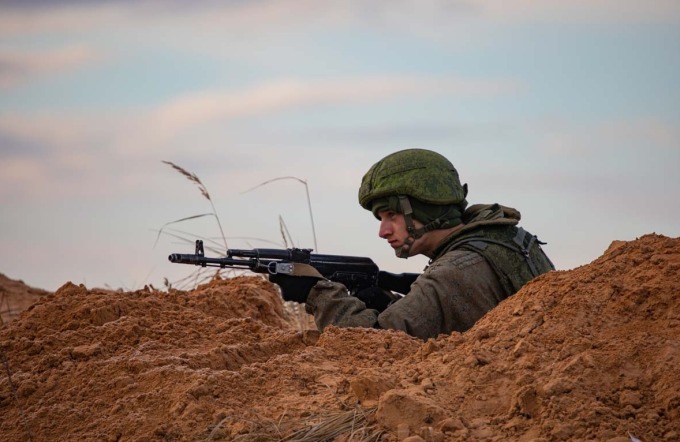
Russian peacekeepers conduct exercises in Transnistria in 2021. Photo: Russian Ministry of Defense
Transnistria is a narrow strip of land between the Dniester River and the Moldovan-Ukrainian border, with a population of just over 500,000. Transnistria's Russian-speaking population left Moldova in 1990, a year before the collapse of the Soviet Union, amid fears that Moldova would merge with Romania, a country with which it shares a common language and culture.
After the Soviet Union collapsed in 1991, Transnistria declared its secession from Moldova, sparking a military conflict in March 1992 that ended in a ceasefire in July 1992. Russia has deployed a peacekeeping force of no more than 1,500 troops in Transnistria since 1993.
Moldova is one of Europe's poorest countries with a population of 2.6 million. President Maia Sandu has led the country since 2020 with strong backing from the United States and the European Union (EU).
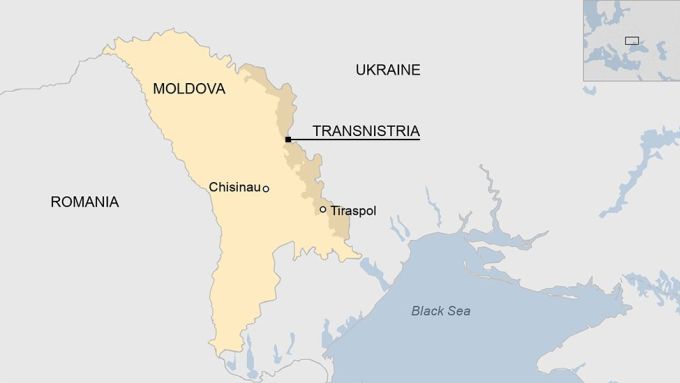
Location of the breakaway region of Transnistria in Moldova. Graphic: BBC
Moscow-Chisinau relations began to decline in 2021 when a pro-European government came to power in Chisinau, and the situation became more tense since Russia launched its campaign in Ukraine. Moldovan officials have repeatedly accused Russia of interfering in internal affairs, suspending the use of Russian gas and applying to join the European Union (EU).
Vu Anh (According to Ria Novosti, Reuters )
Source link








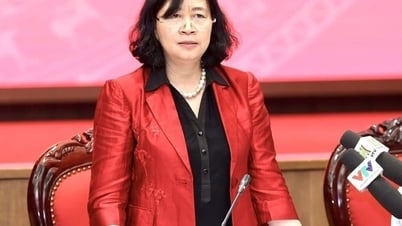


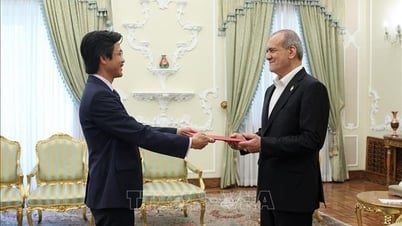
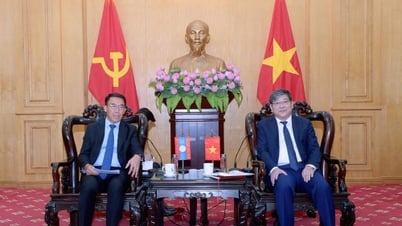

















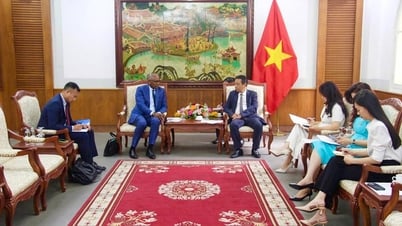

































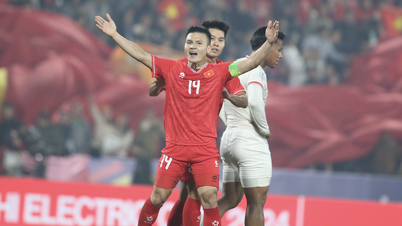


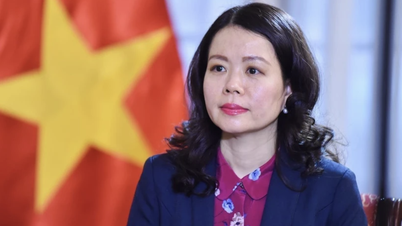












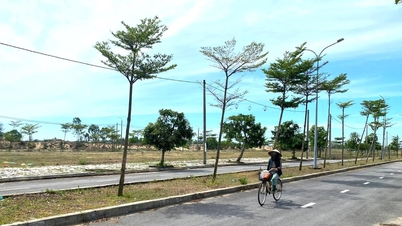

















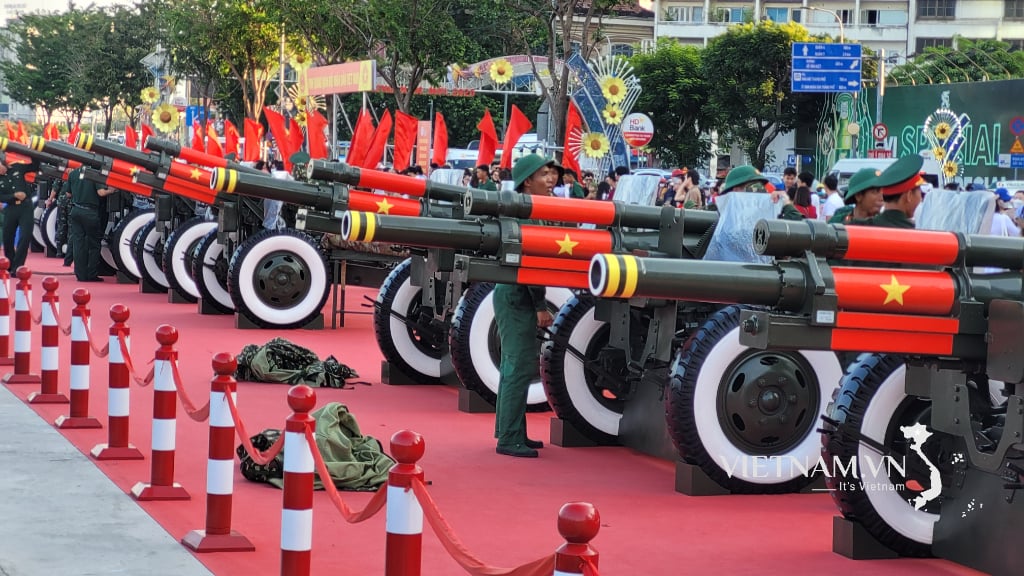

Comment (0)